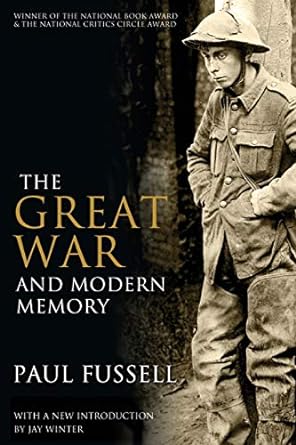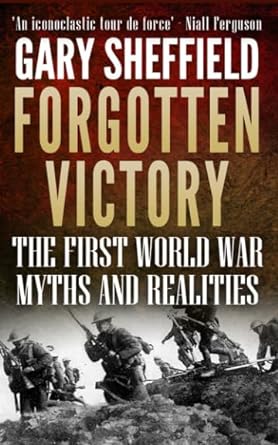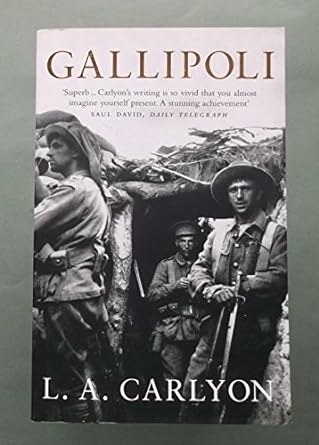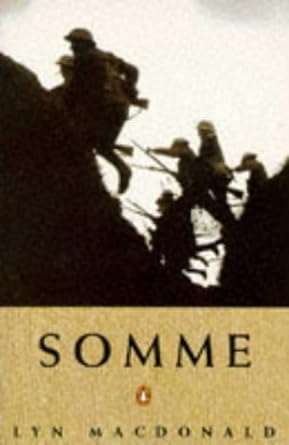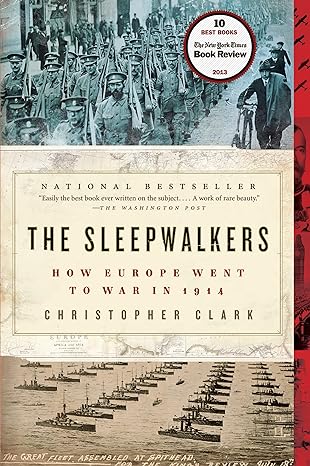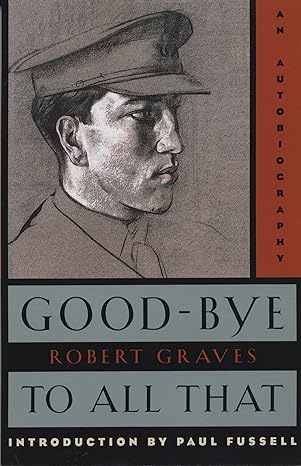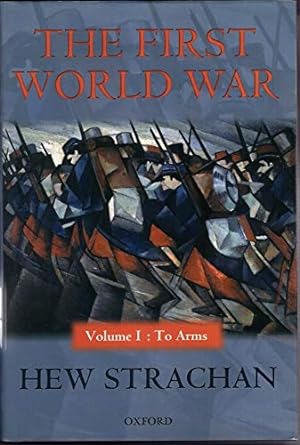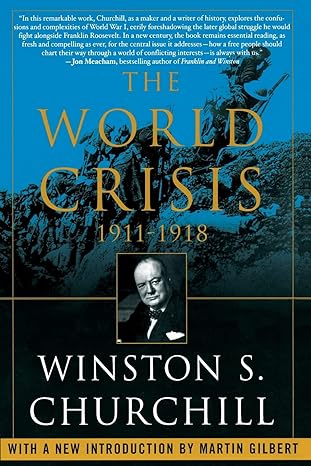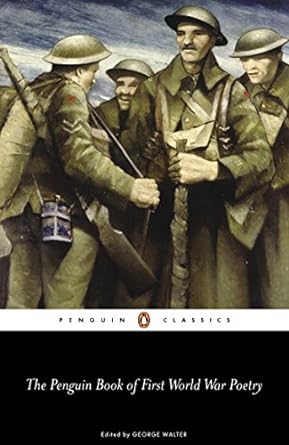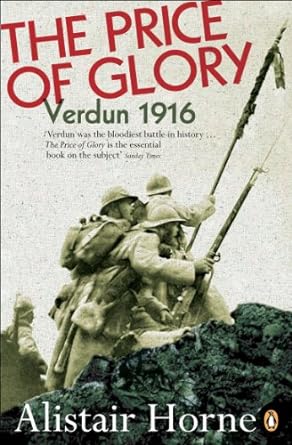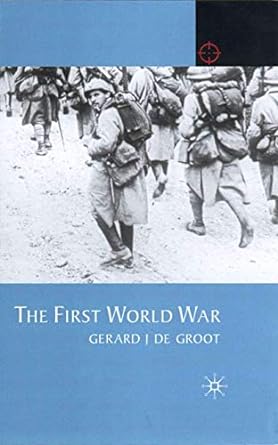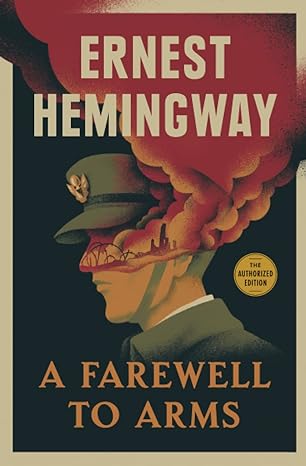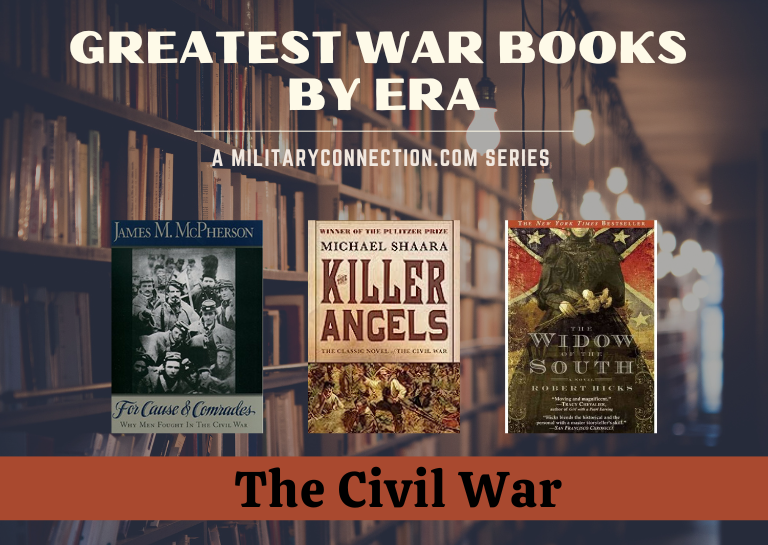Best Books About World War 1 – A Military Connection Top Ten List
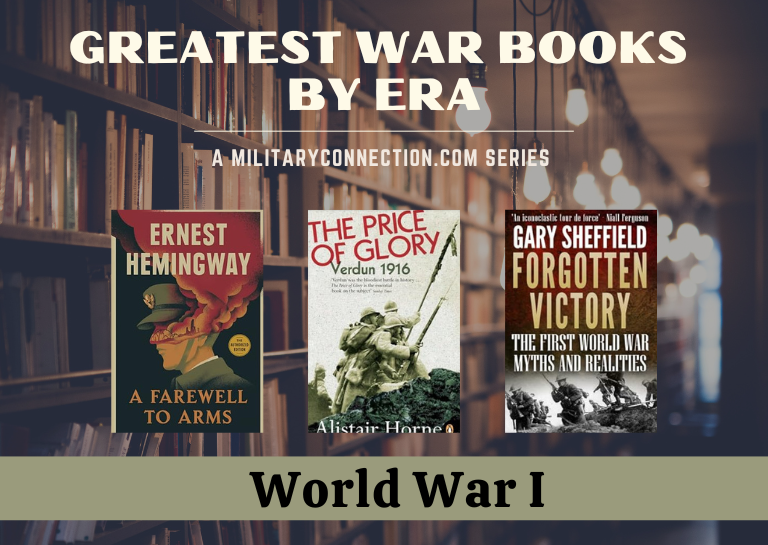
contributed by Cory Davenport
Autumn is here, the kids are back at school, and the days are getting shorter. Now is the perfect time to curl up with a heavy book and learn about one of the most brutal conflicts of all time – World War One. The “War to End All Wars,” did not exactly live up to its promise, as there was a sequel to it that brought even worse devastation, but it did definitely set the course of things for the modern world with the fall of old empires and the rise of military technology. Tanks and horses fought on the same fields as rudimentary planes buzzed overhead.
Because of the tumultuous times this war brought across the globe, many books were written on the subject, including some of the best of all time. In this list, we’re taking a look at the best World War I memoirs, World War I historical non-fiction, and best novels taking place in World War I, as well as a few of the best history books on the topic.
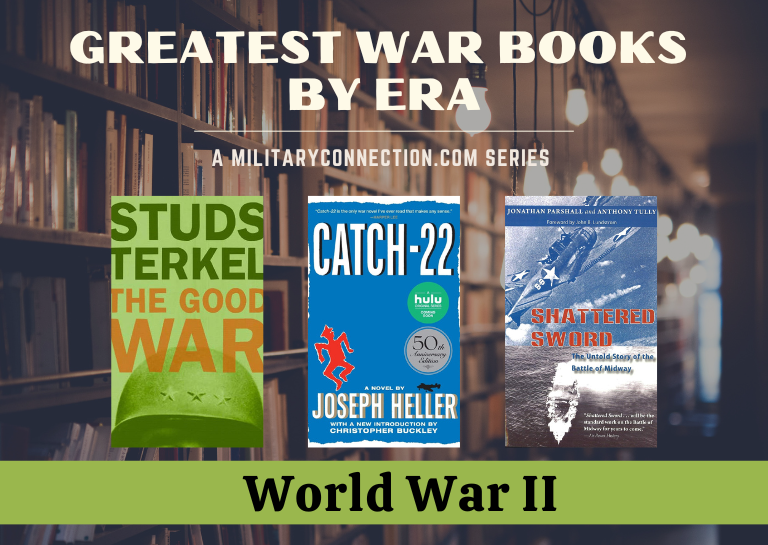 https://militaryconnection.com/wp-content/uploads/Copy-of-Greatest-War-Books-By-Era-4.png
545
768
lauren
https://militaryconnection.com/wp-content/uploads/2018/09/mc-logo2.png
lauren2023-11-20 11:33:072023-11-16 11:33:19Best World War II Books to Enjoy This Autumn – A Military Connection Top Ten List
https://militaryconnection.com/wp-content/uploads/Copy-of-Greatest-War-Books-By-Era-4.png
545
768
lauren
https://militaryconnection.com/wp-content/uploads/2018/09/mc-logo2.png
lauren2023-11-20 11:33:072023-11-16 11:33:19Best World War II Books to Enjoy This Autumn – A Military Connection Top Ten List




